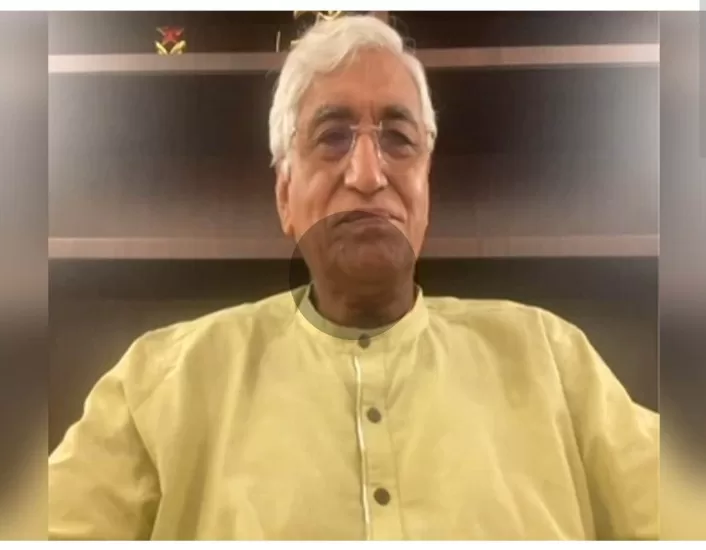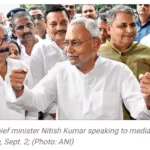New Delhi, In the aftermath of Chhattisgarh’s recent election results, TS Singh Deo, former Deputy Chief Minister, acknowledged a perceived shift in tribal votes towards the BJP. Despite conceding the loss of tribal allegiance, Deo emphasized that the Congress’s performance wasn’t subpar; rather, the BJP outperformed.
Of the 26 seats in Bastar and Sarguja districts, the Congress secured only four in Bastar, failing to win any in Sarguja. Contrasting this with the BJP’s success in winning 17 out of 29 seats reserved for Scheduled Tribes (ST), Deo argued that the narrow victory margins in several seats suggested that the tribal vote shift might not be as definitive as it appears.
Deo dismissed the idea that the Prime Minister’s Rs 24,000 crore scheme for Particularly Vulnerable Tribal Groups significantly influenced the tribal vote. Instead, he credited the BJP’s effective program for women and the Congress’s failure to unite the tribal community.
Highlighting the nuanced perspective, Deo mentioned losing seats by minimal margins, stating, “One seat we lost by 14 votes, one by 100 to 200 votes, another by 94. The margins are not too much. I don’t think there has been a shift.”
Deo also attributed the BJP’s success to a well-organized grassroots campaign that reached Maoist-dominated areas in Bastar. He concluded that, despite the election outcome, the tribals’ discontent, evident in protests over tendu leaves and forest products, had been building up for years.
In May 2021, police firing during a tendu leaves protest in Sukma district resulted in casualties, reflecting the longstanding grievances of the tribal community. Deo acknowledged that the BJP’s outreach into these areas and Prime Minister Narendra Modi’s announcement of the Rs 24,000 crore scheme shortly before the election played crucial roles in the BJP’s triumph.







